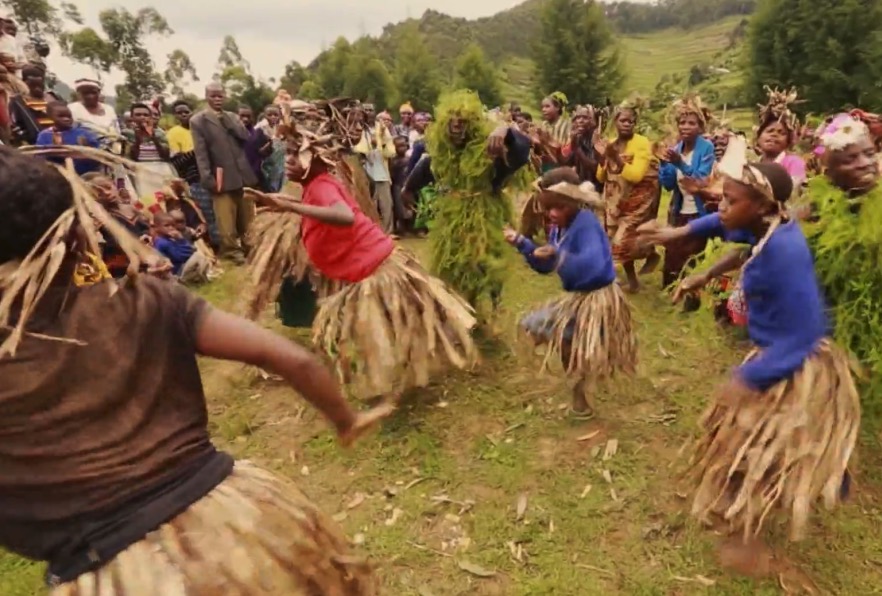A Ugandan people group known as the Batwa Pygmies were once a pre-Stone Age culture, but, due to a variety of factors, their way of life has profoundly changed over the past few decades.
BOLD: 8-Year-Old Girl Delivers Powerful Prayer to Mourning San Antonio Cops
The Batwa lived in caves and in the forest in Bwindi, Uganda, until 1992, when government officials decided to turn their land into a refuge for mountain gorillas, forcibly evicting them from the area, CBN News reported.
With the Batwa becoming refugees, some — like Tugume and Barbara Gerald — stepped in to help the people group navigate their new and unfamiliar world characterized by little food, water or clothing, and almost no knowledge about how to attain these life-sustaining resources.
The Geralds, looking to make an impact, even moved to a new village in an effort to reach the Batwa. It was there, in the village of Kisoro, that they started a ministry in an effort to bring these people the gospel, a message they had never heard before.
“I began by preaching the message of hope to the hopeless,” Tugume Gerald told CBN News.
According to Jovanis Nyirakayanje, a Batwa, hearing about Jesus changed everything.
“We smoked; we drank; we performed witchcraft. We were devil worshippers,” Nyirakayanje told the outlet. “We used to live like animals in the jungle.”
She went on to say that hearing about the gospel incredibly changed their lives, saying that many of them “were servants of the devil” before being introduced to a message of hope. Scores of the Batwa have been baptized over the years — and a church that was started in an effort to spiritually serve them has been immensely successful.
“At times, we get up to 1,000 pygmies who come to attend the church,” Gerald told CBN News.
Now, Nyirakayanje, too, is an evangelist who has joined Gerald’s team in an effort to make a difference.
“Just as Christ did for me, I believe His message of salvation is going to change the lives of my tribe,” she said.
While many Batwa people have experienced profound spiritual change, poverty is still a massive problem, with the Geralds, among others, working to teach people to become farmers and offering other educational opportunities.
The Joshua Project described just a portion of what the Batwa face:
Their children attend primary schools but they never go far in their education because of the extreme poverty that does not allow them to pay school fees for their children. Children leave school very early to engage in small jobs in the neighborhood and in markets to earn a living. Batwa children are harassed and insulted in the schools by teachers and fellow students. Because of the political and economic change, the Batwa culture is threatened. Pressure is everywhere, and the Batwa seem to have forsaken their traditional dances, concerts and other cultural facts to the survival means of every day.
VICE offered a deep look into their plight in a 2015 video expose (caution: adult themes and subject matter):
Read more about the Batwa’s struggles here.



